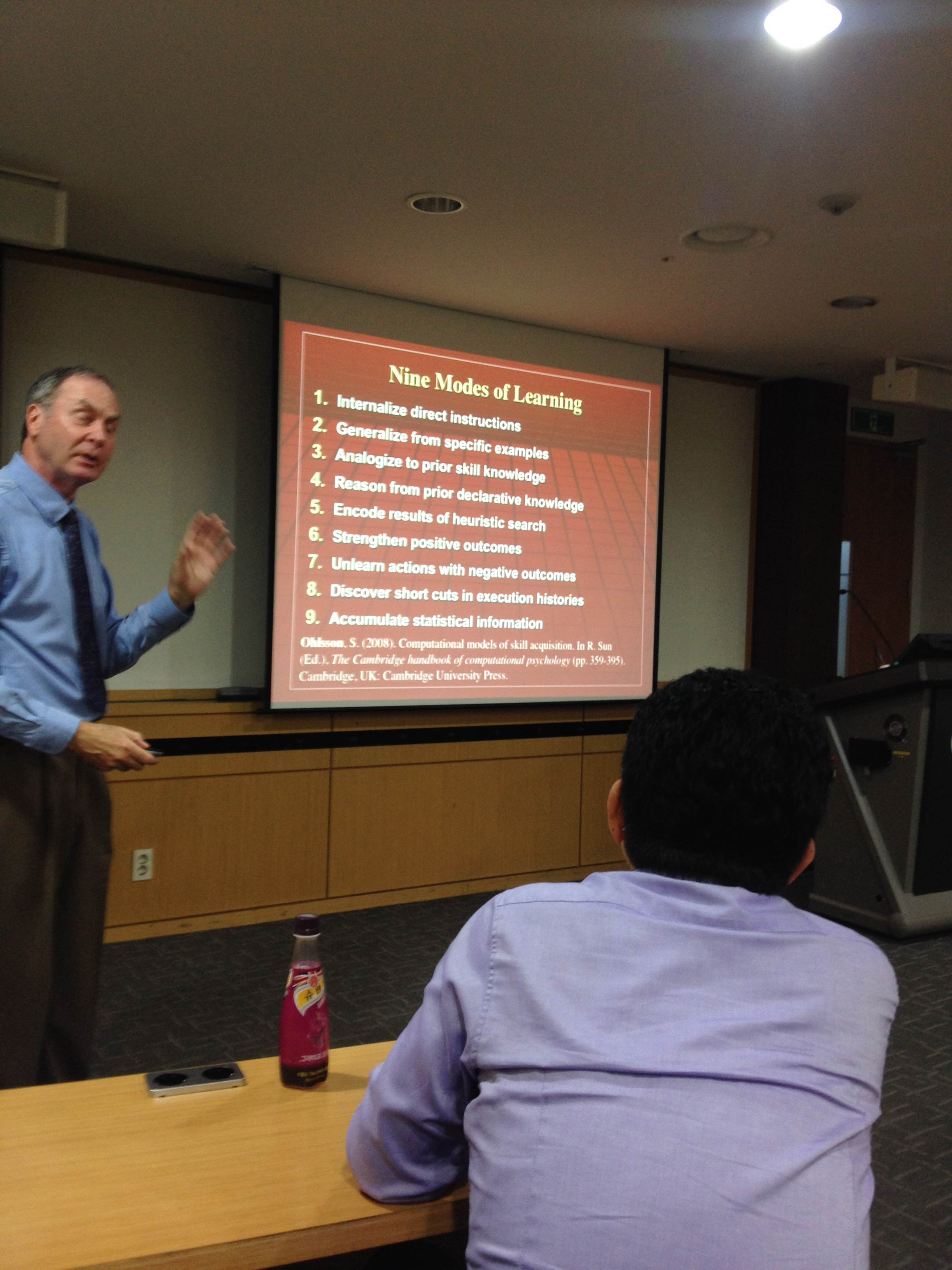Today’s travelers are not looking for a just tooth brush. They are looking for an experience, something they can relate to. Whether an environmentally conscious traveler or business traveler, guests are demanding more out of their hotel stays than ever before (see Trends Changing the Way Guests and Hoteliers View Amenities). One of the frequent requests travelers make is that they need a new personal item provided complimentary for use in the bathroom (e.g., razor) after they used one before. However, guests often re-locate many amenities, and therefore whether a specific personal item needs to be replaced with a new one or not is difficult to identify. Put differently, an accident (e.g., a new razor is not available!) can occur when a housekeeper makes an mistake or error (e.g., I thought the guests did not use a razor…). What can we do to prevent this from happening?


The Venice Hotel Shenzhen, China, solved this problem intuitively; personal items are separately packaged in the paper boxes and assembled into a kit like LEGO bricks. Doing this will help housekeepers instantly identify which personal items need to be replaced among a wide variety of items including tooth brush, comb, sanitary bag, vanity kit, sewing kit, shower cap, and razor.


